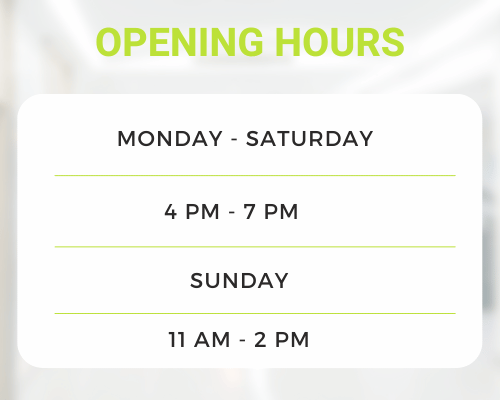Sleeve Gastrectomy
Sleeve gastrectomy is a type of weight loss surgery that involves removing a large portion of the stomach and leaving behind a narrow tube or sleeve-shaped stomach.
Surgeon removes about 75-80 percent of stomach along , creating a long, banana-shaped stomach
Benefits of Sleeve Gastrectomy
Diabetes, Hypertension (BP) , obstructive sleep apnea (OSA), joint pain, lipid (cholesterol) abnormalities, cardiac problems , Polycystic Ovarian Disease (PCOD), Infertility are improved or cured in more than 75% of people undergoing gastric sleeve
Weight loss is faster with sleeve than with gastric band.
No bypass or re-routing changes to intestines & food stream.
No effect on the absorption of calories and nutrients in the intestines, so less vitamin, calcium , protein deficiency.
No foreign object like band placed in body.
Shorter hospital stay & Fast recovery
Studies prove Bariatric surgery reduces risk of death from obesity and Improves life Expectancy
It involves five or six small incisions of 0.5 cm to 1cm on the abdomen and performing the surgery using a video camera (laparoscope) and long instruments that are placed through these small incisions.
Laparoscopic procedures have many advantages,including
- Minimal pain
- Shorter hospital stay
- Quicker , faster & Safe recovery
- Reduced risk of wound infection or hernias.
Average duration is 60-120 minutes.
- Reduces the size of your stomach
Limits the amount of food that can be eaten at one time.
After eating a small amount of food, you will feel full very quickly and continue to feel full for several hours. - Decrease in appetite, increased satiety. Patient starts developing preference for Healthy food at Brain (Mind) Level .
Also reduces the amount of “hunger hormone” Ghrelin produced by fundus of the stomach which contributes to weight loss.
Depending on their pre-operative weight, most of the patients can expect to lose between 60 – 70 % of their excess body weight (EBW) in the first year after surgery
Can lose more weight over the next 6 to 12 months. Weight will usually stabilise after this.
Long-term sustained weight loss and improvement in obesity-related health conditions will only occur with healthy eating and regular exercise.
There can be some weight regain, but this is usually minor as long as you have lifestyle modifications
Laparoscopic sleeve gastrectomy procedure ( Bariatric Surgery ) is best seen as a tool that makes these lifestyle changes sustainable.
Bariatric surgery has become as safe as the commonly performed gallbladder removal surgery or Knee replacement surgery.
For many obese patients, bariatric surgery not only increases their life expectancy but also improves their quality of life.
For people with morbid obesity, especially those with comorbidities, not having bariatric surgery might be more dangerous than having surgery in the long term.
In conclusion, Bariatric Surgery can be considered a safe procedure in people with diabetes, with similar short-term morbidity to that of common procedures such as cholecystectomy and appendectomy and a mortality rate similar to that of knee arthroplasty.


